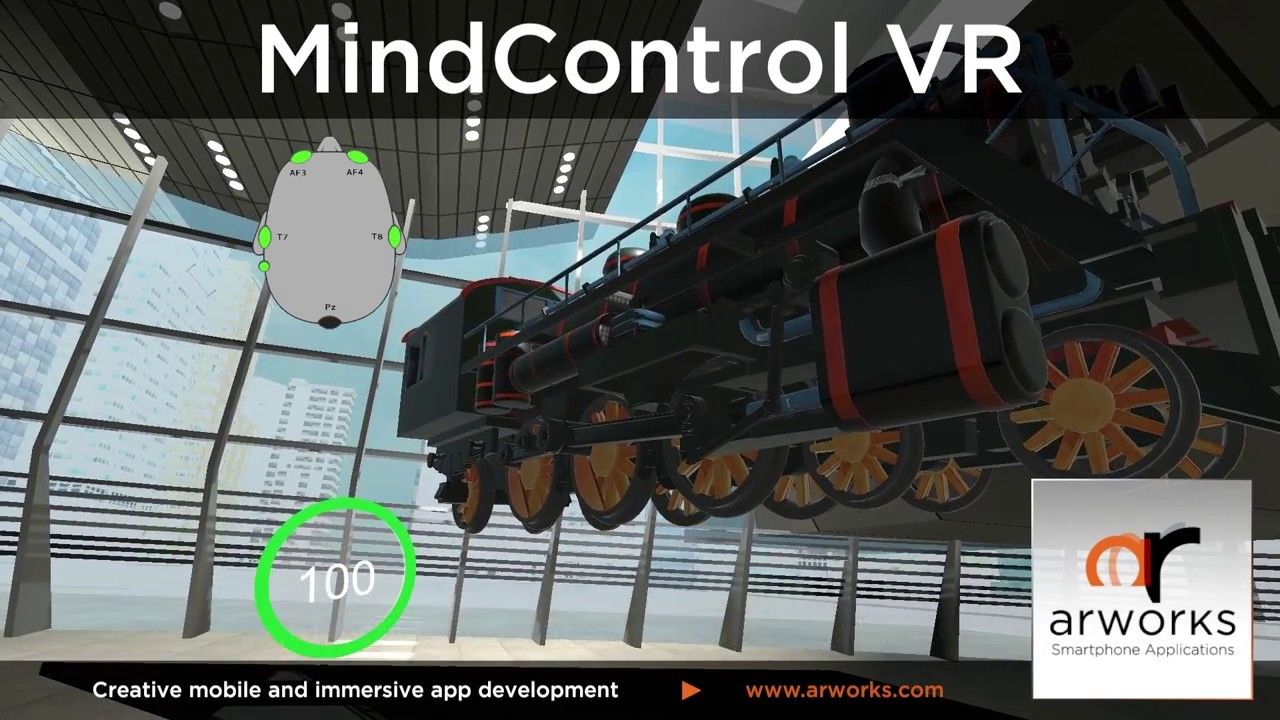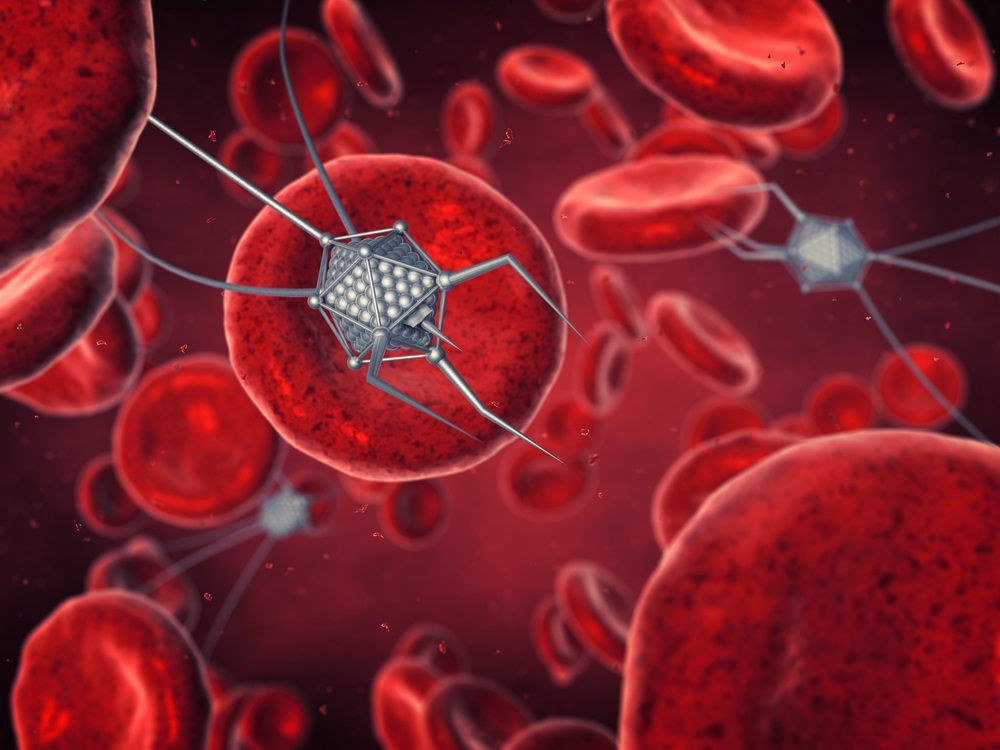Page 10263
Jul 27, 2017
A plane-size asteroid buzzes by Earth undetected
Posted by Brett Gallie II in category: asteroid/comet impacts
A big space rock slipped right by us last week and was only spotted as it left our cosmic neighborhood.
Jul 27, 2017
US Navy’s mach 6 railgun set for first tests outside the lab
Posted by John Gallagher in categories: energy, military

At the 2017 Naval Future Force Science and Technology Expo in Washington DC, an ONR spokesman revealed that the weapon is ready for field demonstrations at the Naval Surface Warfare Center Dahlgren Division’s new railgun Rep-Rate Test Site at Terminal Range, according to New Atlas.
Initial rep-rate fires (repetition rate of fires) of multi-shot salvos already have been successfully conducted at low muzzle energy, officials say.
Continue reading “US Navy’s mach 6 railgun set for first tests outside the lab” »
Jul 27, 2017
Breakthrough Lofts the Smallest Satellites Ever, not Interstellar Yet, but a Step Forward
Posted by Brett Gallie II in categories: innovation, satellites
Breakthrough Initiatives achieved a major milestone with the recent deployment of their Sprite satellites, the smallest satellites in history.
Jul 27, 2017
Salvation in Transhumanism: Humanity merges with machines and lives for ever
Posted by Zoltan Istvan in categories: biotech/medical, transhumanism
The Eureka science show recently featured one of the leaders of the Transhumanist movement which believes humans will transcend disease and delay mortality indefinitely.

Tesla Motors CEO Elon Musk and Facebook founder Mark Zuckerberg appear to be at odds over the future of the artificial intelligence. CNN’s Richard Quest discussed the feud with physics professor Michio Kaku…
Jul 26, 2017
Neuroreality: The New Reality is Coming. And It’s a Brain Computer Interface
Posted by Klaus Baldauf in categories: computing, neuroscience

We will need to tap into our brains and enter the era of neuroreality if we want to reach the next level of truly immersive worlds.
Jul 26, 2017
Brain cells found to control aging
Posted by Shane Hinshaw in categories: biotech/medical, life extension, neuroscience
Scientists at Albert Einstein College of Medicine have found that stem cells in the brain’s hypothalamus govern how fast aging occurs in the body. The finding, made in mice, could lead to new strategies for warding off age-related diseases and extending lifespan. The paper was published online today in Nature.
The hypothalamus was known to regulate important processes including growth, development, reproduction and metabolism. In a 2013 Nature paper, Einstein researchers made the surprising finding that the hypothalamus also regulates aging throughout the body. Now, the scientists have pinpointed the cells in the hypothalamus that control aging: a tiny population of adult neural stem cells, which were known to be responsible for forming new brain neurons.
“Our research shows that the number of hypothalamic neural stem cells naturally declines over the life of the animal, and this decline accelerates aging,” says senior author Dongsheng Cai, M.D., Ph.D., (professor of molecular pharmacology at Einstein. “But we also found that the effects of this loss are not irreversible. By replenishing these stem cells or the molecules they produce, it’s possible to slow and even reverse various aspects of aging throughout the body.”
Jul 26, 2017
Ephemerisle 2017: The Bitcoin Community’s Favorite Floating Festival In California
Posted by Klaus Baldauf in categories: bitcoin, cryptocurrencies
Ephemerisle, a free California festival described as “Burning Man on water,” is a favorite with the cryptocurrency community.















